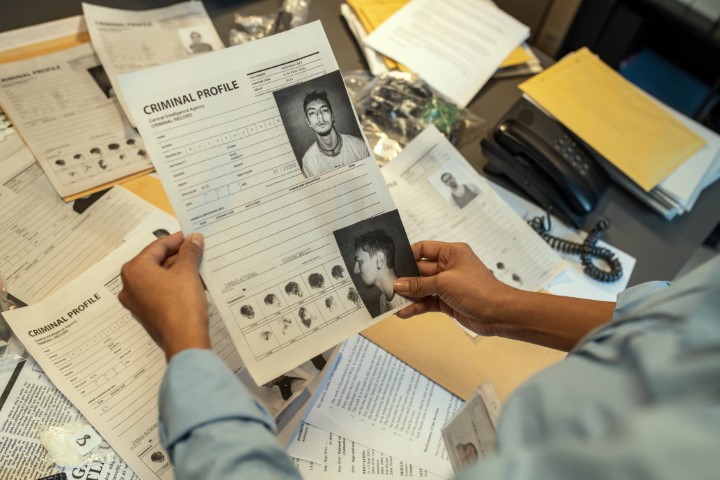Florida’s “Stand Your Ground” law has been widely debated and often misunderstood. While it offers legal protections for those who act in self-defense, it does not give unlimited immunity. In fact, many people who believe they were defending themselves still find themselves arrested and facing criminal charges. If you’ve been involved in a self-defense situation—or simply want to understand your rights—this guide breaks down what Florida law really says and how Darrin E. Johnson Law can help you navigate it.
What Is the Stand Your Ground Law?
Florida Statute 776.012 allows individuals to use force—including deadly force—if they reasonably believe it is necessary to prevent imminent death, great bodily harm, or the commission of a forcible felony. Unlike other states that require a person to retreat before using force, Florida law states that you have no duty to retreat if you are in a place you are legally allowed to be.
This law applies to situations in your home, vehicle, or any public place. It’s designed to give you the legal right to defend yourself without first having to flee—so long as your response is reasonable and justified.
When Self-Defense Becomes a Criminal Case
Even if you believe you acted in self-defense, law enforcement and prosecutors may still see things differently. You can be arrested and charged with assault, battery, or even manslaughter if officials believe:
- You used more force than necessary
- You were the initial aggressor
- The threat wasn’t immediate or credible
- You provoked the incident
Once charges are filed, the burden shifts to you and your attorney to demonstrate that your actions were justified under the law.
What Happens After a Self-Defense Arrest?
If you’re charged in a case involving self-defense, your attorney can file a pre-trial motion to invoke Florida’s Stand Your Ground law. This is a legal process that asks the judge to dismiss the charges based on the evidence that your actions were justified.
At this hearing, your lawyer must present evidence—such as surveillance footage, witness testimony, or physical injuries—to prove your case. If successful, the case can be dismissed without ever going to trial.
However, if the motion is denied, your case may proceed to trial, where self-defense will be your primary legal argument.




How a Criminal Defense Attorney Can Help
Navigating the gray areas of self-defense law requires deep legal knowledge and an aggressive strategy. A skilled attorney will:
- Investigate the scene and gather evidence quickly
- Interview witnesses and law enforcement
- Challenge any claims that you were the aggressor
- File the proper motions to seek immunity
- Represent you in court if the case proceeds to trial
At Darrin E. Johnson Law, we understand the stakes in these types of cases. Self-defense incidents are often emotional and traumatic, and the last thing you need is to face them without strong legal guidance.
Why These Cases Are So Complex
Self-defense isn’t always a clear-cut claim. Prosecutors may interpret your actions differently based on the evidence, and even juries can be swayed by perception. That’s why cases involving Florida’s Stand Your Ground law are some of the most complex in criminal defense.
Each case is fact-specific and must be evaluated from multiple angles—including location, timing, intent, witness credibility, and your criminal history. A successful defense isn’t just about proving you were scared—it’s about proving your response was legally justified.
Protect Your Freedom and Your Future
If you’ve been charged with a crime after defending yourself or someone else, don’t wait to get legal representation. These cases move fast, and the outcome can change your life. At Darrin E. Johnson Law, we defend clients charged in self-defense cases and provide strong representation in criminal defense, DUI, and civil litigation matters. Your rights matter—and we’re here to fight for them.
Legal Disclaimer
This blog is intended for informational purposes only and does not constitute legal advice. If you are involved in a criminal case involving self-defense in Florida, consult with a qualified attorney about your specific situation.
